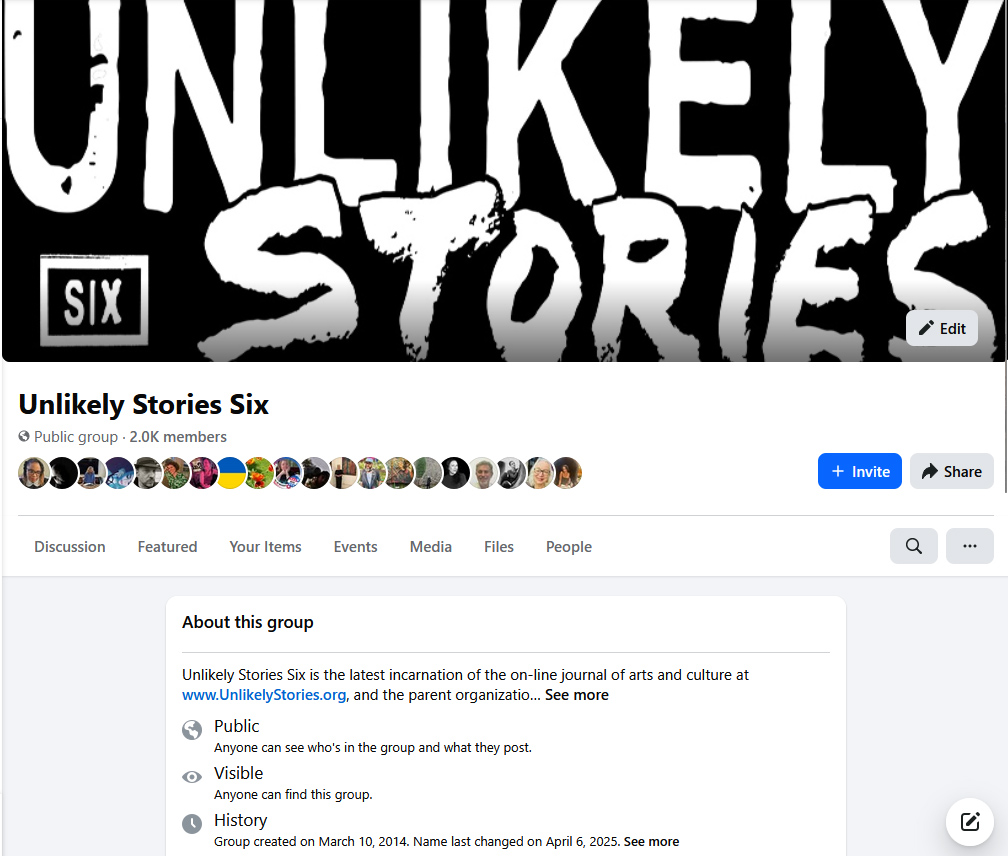by Titoxz
Elena and I rented a modest apartment near the university, though we avoided the phrase “moving in together.” The place was cramped, the carpets worn, and the kitchen had knives that barely sliced. Yet in that tiny domain, we built a fragile refuge. Mornings were quiet—she woke early to read her sociology notes, scribbling margin thoughts about inequality, local policy, and field research. I watched her from across our small table, coffee in hand, studying her as she lost herself in data and empathy. Then, as the day progressed, we each went to our separate tasks—my teaching, advising a few curious students on critical theory, and her trudging through neighborhoods that illustrated broken social institutions in real time.
Nights were a gentler kind of intense. We cooked cheap meals and embarked on labyrinthine conversations. She’d place her notebook in my lap, showing me a story from the communities she visited—a child forced to drop out and work, a teacher frustrated by administrative red tape. My typical condemnation of “the system” would flow, but Elena maintained that individual gestures of kindness still held meaning. Even if the corporate monster overshadowed everything, small voices could matter. I argued that such kindness was easily co-opted by the very system we loathed, sold back as “feel-good marketing.” She never fully conceded, nor did she prove me wrong. We existed in that tension, warming each other in the knowledge that neither of us was alone.
Igor’s presence dwindled. He visited occasionally, always in a rush, wearing an air of self-satisfied fatigue. His business analytics gig involved micro-targeting consumer impulses. I asked if the ethical dilemmas bothered him. He gave me a nonchalant shrug: “Better we do it than the unscrupulous. At least we can guide it responsibly.” Elena shook her head with barely disguised skepticism. For me, it took an effort not to let nostalgia blind me to the reality that our old intellectual bond was wilting.
Everything changed when Elena began experiencing severe abdominal pain. She chalked it up to stress from fieldwork, but when it worsened, we went to the hospital. Sitting with her in a fluorescent-lit examination room, I felt an ominous chill. The doctor’s words—pancreatic cancer, advanced—rang in my ears like a bell toll that refused to fade.
In the onslaught of shock, I watched Elena’s expression become strangely calm. Her hand felt cold in mine. The doctor pitched talk of treatment paths: chemo, possible surgeries, clinical trials. Each option carried disclaimers, uncertain success rates. I studied these professionals as they delivered heartbreak with a veneer of scientific precision, wondering if they had perfected the empathetic tilt of the head to keep their distance.
Elena chose chemotherapy, hoping for more time. It ravaged her body—she spent days curled up beneath thick blankets, sweat plastering her hair to her forehead. I brought her water, read to her from the books and articles we once debated. I tried to hide my terror, but every cough, every hitch in her breath, tore at me. Gone was any sense of academic detachment. There was only raw helplessness. I realized that love—though I had never used the word in front of her—was not an abstract concept but a desperate ache in my chest, a physical longing to keep her with me.
Once, in a moment of lucidity, she joked that her body was failing like the systems we criticized—breaking under unstoppable forces. I couldn’t bring myself to banter back. I stared at her hollow cheeks and felt every piece of me shattering. At night, I listened to the hum of hospital machines, remembering how she believed in compassion’s ability to endure. Now, drained of illusions, I would have given anything just to keep her breathing steadily for another day.
The end approached after weeks of slow decline. I sat beside her as her breathing slowed, each shallow breath seeming like the last. Then it stopped entirely. A single, continuous beep from the monitor seemed to freeze time. Nurses stepped quietly into the room, words of sympathy draped in professional smoothness. I kept holding her hand, as if that small point of contact could ward off reality. Eventually, someone touched my shoulder, urging me to let go. I obeyed mechanically, numb with grief that defied expression.
The funeral was small, attended mostly by colleagues and a few of the families she’d helped in her sociology research. Someone played Bach on a borrowed speaker, the music drifting through the chapel. I stood at the front row in a haze, unable to muster any grand eulogy. What words could suffice for a woman who had forced me to see faint lights amid the darkness? I felt I had failed her by withholding a direct declaration of love, but now there was no reversing that error.
Afterward, at the cemetery, I heard the faint thud of soil against her coffin, each impact an echo of finality. Igor’s absence at the funeral was explained by a perfunctory note from overseas. I folded it away, neither angry nor consoled. In the depths of my sorrow, everything simply felt meaningless.
Returning to our apartment was a fresh wound every day. Her possessions—books on activism, a chipped mug she refused to discard—remained exactly where she left them. One night, I found a single strand of her hair caught in a woolen scarf she loved. Holding that delicate filament, I collapsed on the floor, sobbing until my ribs hurt. My formidable intellect was useless against this pain that scoured my insides.
Days blurred into weeks. The city continued its frenetic pulse, indifferent to my grief. I hated the sight of commuters rushing on train platforms, ignoring each other, engrossed in phone screens. My theoretical condemnation of society meshed with a personal anguish that gave it sharper edges. Where Elena had once tempered my cynicism, I now had no reason to do anything but fling blame at the monstrous culture around me.
Eventually, I managed to fulfill the administrative formalities to end my teaching position. My final article, a savage piece titled “The Necropolitics of Institutional Compliance,” provoked enough controversy that the university made it clear I was no longer welcome. I resigned, gathering my books and notes into boxes. Outside the campus, I recalled how Elena and I had once walked these courtyards, weaving our ideals into a future that now seemed grotesquely unattainable. I drifted downtown, renting a dingy studio that mirrored my internal vacantness. The building’s walls were scrawled with graffiti, and the elevator lights flickered with failing electricity. I did not complain. It matched my mood.





Add comment